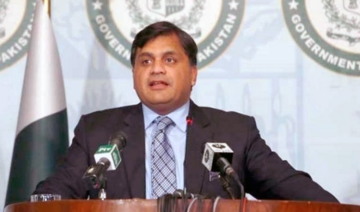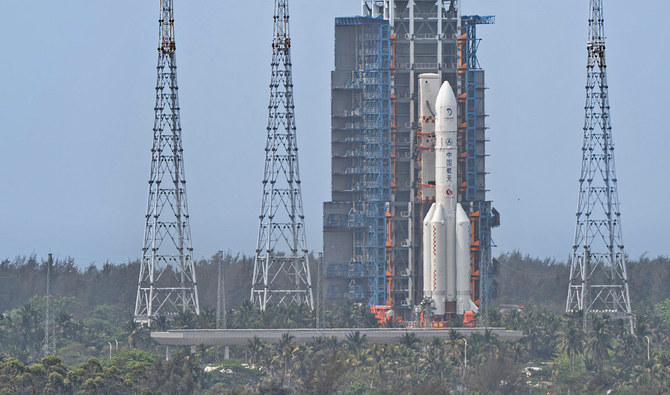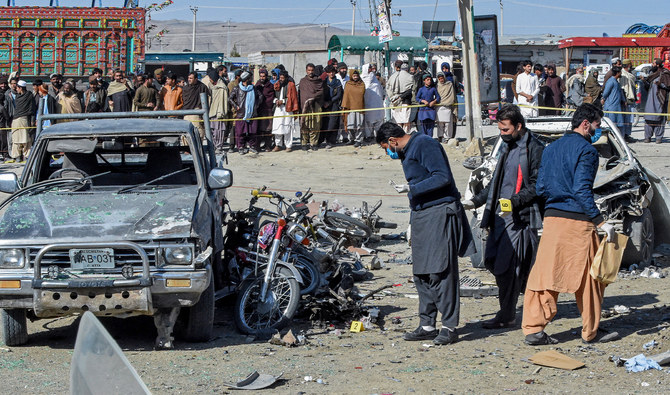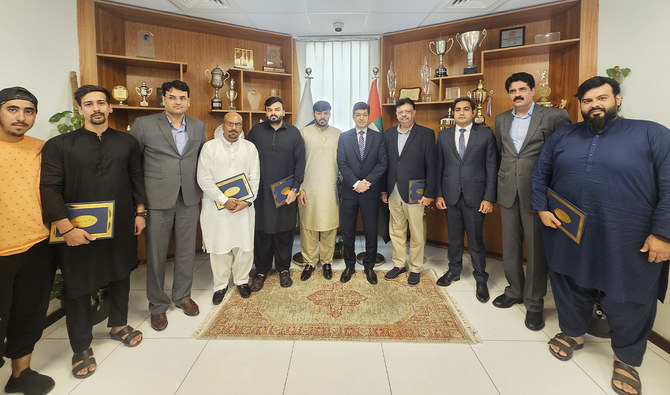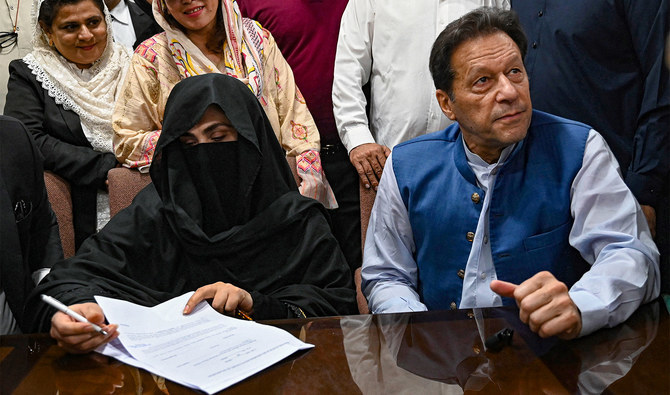KARACHI: With the appointment of a new Taliban chief, Pakistan may witness an escalation in security threats, say analysts, who believe that the situation may force Islamabad to seek US assistance for more targeted action against the militant network.
“The Pakistani Taliban can’t regain its past position under the newly appointed chief Noor Wali Mehsud, though it’s likely to be more unified now than it was under Mullah Fazlullah’s leadership,” senior journalist Rahimullah Yusufzai told Arab News on Sunday.
Tehreek-e-Taliban Pakistan (TTP) confirmed the death of Fazlullah in a US drone strike on Saturday, as its spokesman Muhammad Khurasani revealed that the group had elected Mehsud as its new chief.
Mehsud’s appointment implies that there will be less factionalism and more discipline in TTP, Yusufzai said.
“Unlike the past, however, the Mehsud militants are scattered. It won’t be easy for them to gather, communicate with one another and undertake mutual consultations,” he added.
Security analyst Asfandyar Mir said Fazlullah was deeply disliked within the broader militant network, particularly by the Mehsud militants who hailed from Mohmand and Orakzai agencies.
“After Fazlullah moved to Afghanistan’s Kunar province, TTP witnessed consistent defections and fratricide,” Mir told Arab News.
“Mehsud is more popular, influential and experienced. He’s better placed to revive the dying militant network.”
The new TTP leader will do his best to improve his network’s relationship with the Afghan Taliban, Mir said, adding that every TTP leader had pledged allegiance to the latter in the past.
“The strength of Mehsud’s TTP has also been its ties to Al-Qaeda. Mehsud may continue to leverage that relationship,” he said.
Pakistan might require US assistance to neutralize the new TTP chief if he manages to revitalize the militant network, the two analysts said.
But a senior counterterrorism officer, Raja Umar Khattab, said Mehsud was always seen as a low-profile militant while he was managing his group’s Karachi operations, because he was controlling things from Waziristan, and several other militant factions were also operating in the city.
“It was during that period that the downfall of TTP in Karachi began,” Khattab told Arab News. “The militant network’s no-go areas were finally eliminated from the metropolis.”
TTP was fully erased from Pakistan’s commercial capital when Operation Zarb-e-Azb in Waziristan and a targeted operation in Karachi were combined, helping security forces remove militant sanctuaries from the country.
“Inqalab-e-Mehsud,” a book by the new TTP chief, discusses the network’s organizational setup in Karachi, infighting between Hakimullah Mehsud’s and Waliur Rehman’s factions, law enforcers’ crackdown on militants, and the killing of Taliban commanders in the seaside Pakistani metropolis.
Profile of the new TTP chief
The newly appointed chief of Tehreek-e-Taliban Pakistan (TTP), Noor Wali Mehsud, has twice been second deputy chief of the militant network.
According to his book “Inqalab-e-Mehsud,” which was published on Nov. 30, 2017, he attended the meeting in which militants made Baitullah Mehsud their top leader.
“One day, when the US was making preparations to invade Iraq in 2003, Maulvi Kalam Al-Din Shaheed visited my house and invited me to a meeting of the Mehsud halqa (circle) of mujahideen,” Noor wrote in his 689-page book.
“I attended the meeting in Makeen in which Baitullah Mehsud was appointed the emir by the Mehsud halqa. Afterwards, I took part in several wars. Meanwhile, when Hafiz Abdullah was martyred I became Baitullah Mehsud’s deputy.”
Noor said he resigned the post in February 2005 when Pakistani authorities signed a peace agreement with Baitullah in Sararogha, South Waziristan.
A founding TTP member, Noor was born to Hajji Gul Shah Khan Mehsud in Gorgoray, South Waziristan, on June 28, 1978.
He was admitted to local madrasa Siddiqia, before being sent to seminaries in Faisalabad and Gujranwala for further education.
Noor was then admitted to Yaseen Al-Qur’an, Karachi, for specialization in fiqh (jurisprudence), after which he returned to his village and started teaching in local seminaries for two years.
“I liked jihad from my student life. When the (Afghan) Taliban suffered serious damages at the hands of the Northern Alliance in Jabal Al-Siraj and Mazar-e-Sharif, I went to Kabul via Peshawar and Jalalabad,” he wrote.
“For two months, I fought against the anti-Islam Northern Alliance. In those days, President Ghulam Ishaq Khan dissolved Benazir (Bhutto’s) government, (and) I came back.”
After his return to Pakistan, Noor resumed his education on his father’s insistence. “But when the US invaded Afghanistan and targeted the Islamic Emirate, I… reached Kabul,” he wrote.
“I was shattered to see the situation and thought it was the end of jihad and mujahideen, but one night I dreamed that an American helicopter had turned into pieces in the air, which restored my confidence.”
Noor wrote that he served as chief of the southern front until February 2016. “l was given the responsibility of Karachi from June 2013 until May 2015,” he wrote. 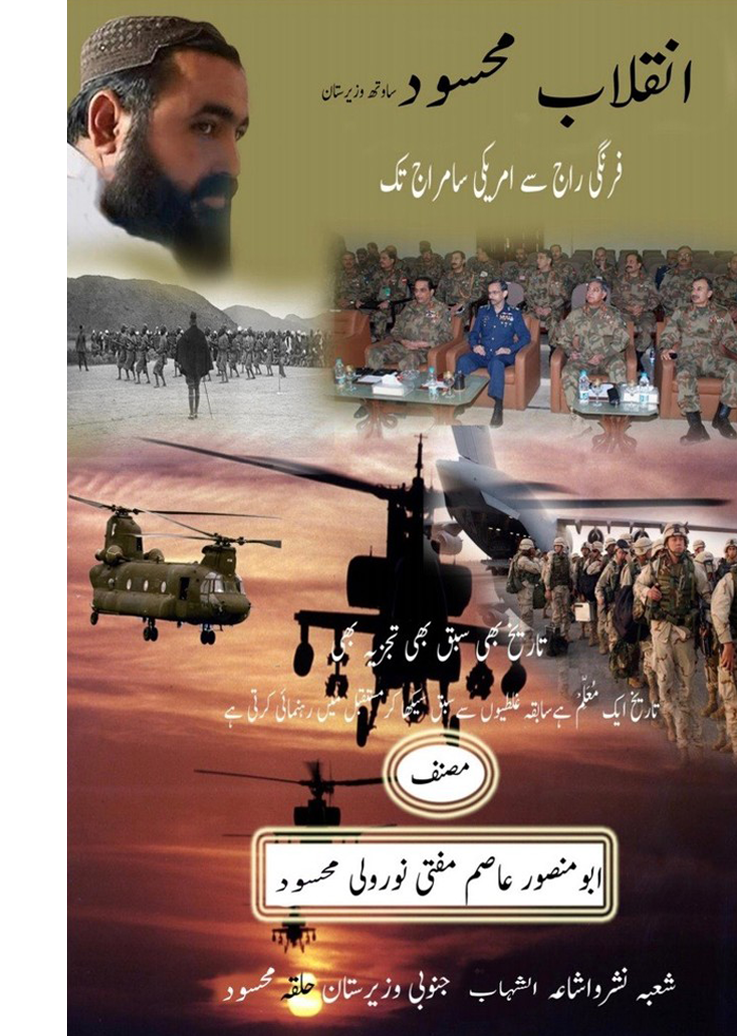
He also served as head of the information department after the death of Azam Tariq on Sept. 24, 2016. Besides “Inqalab-e-Mehsud,” Noor has authored several other books.




